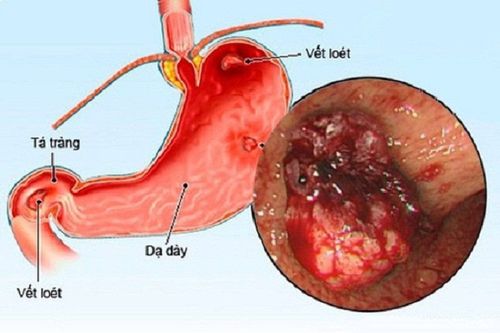This is an automatically translated article.
Children who are overweight and obese, if not intervened early, will most likely prolong this condition into adulthood. This is a risk factor that makes children more likely to have many chronic conditions, including diabetes, high blood pressure and sleep apnea. Therefore, a reasonable diet is an important factor for children who are overweight and obese to ensure safety for their health.
1. Daily calorie needs by age
Unlike adults, children's daily calorie needs are highly dependent on gender, age and activity level.
Boys with moderate activity can consume approximately:
6 to 8 years: 1,600 calories per day; 9 and 10 years old: need 1,800 calories per day; 11 to 13 years old: need 2,200 calories per day; 14 to 17 years old: 2,400 to 2,800 needed per day. Moderately active girls can consume approximately:
7 to 9 years: 1,600 calories per day; 10 and 11 years old: 1,800 calories per day; 12 to 17 years old: 2,000 calories per day. However, the numbers above are estimates only. Some kids will need more or less calories in a day, depending on metabolism and activity.
2. Nutritional goals for overweight children
The first goal of weight management in overweight and obese children should be to stop weight gain and maintain normal growth for age-appropriate height.
To reach this goal, parents need to start by helping their child eat healthy (about 500 calories less per day) and exercise regularly as part of a daily routine.
Once your child has stopped gaining weight and is following a healthy diet combined with regular exercise, the next goal should be to lose weight at a rate of about 10% per month until reaching the ideal weight. Think about height.
However, for the above goals to be successful and effective, parents need to motivate their children. The whole family chooses healthy meals together and actively participates in regular exercise such as playing football in the yard, using the stairs instead of the escalator, walking outside the park every weekend...

Cha mẹ nên đặt mục tiêu dinh dưỡng cho trẻ thừa cân
3. Overweight children how to eat safely?
For overweight children, parents should implement a nutrition plan as follows:
Teach children healthy and unhealthy foods from an early age: Healthy food choices Includes a variety of fruits and vegetables. Limit TV: Limit TV viewing for children to about 1 or 2 hours per day (including playing video games, using computers). Create healthy eating habits: Children should eat 3 balanced meals plus 2 nutritious snacks. Do not encourage children to skip meals to lose weight, especially breakfast. Children who eat breakfast are less likely to be overweight or obese. How to prepare your meals: Prepare foods that are grilled or steamed instead of deep-frying. A healthy meal can include a small portion of lean meat and a large portion of vegetables. In case the child is still hungry, the child should eat more salad or vegetables. Serve fresh fruit as a dessert. Ice cream, cookies, cakes, or other high-calorie foods can sometimes be offered to children. Always eat at the table: Avoid letting your child eat meals or snacks outside of the kitchen. Parents need to set a rule at home that no one should eat while watching TV. Snacks: Eat 2 snacks a day and may include low-calorie foods, such as fruits or vegetables. Do not choose junk food from chips, cookies, sweets... because they provide a lot of fat and calories. Drinks: Children should be encouraged to drink 4 to 6 cups of water a day, especially before meals. Water has no calories and will give you a feeling of fullness. Other drinks may include diet soda and low-fat milk. Avoid giving your child regular soft drinks or juices because they are high in calories (150-170 calories per serving).

Trẻ thừa cân béo phì nên uống đủ nước mỗi ngày đặc biệt trước bữa ăn
Avoid fast food: If traveling or eating out of the house, be prepared with healthy food options. Keep a Diet Diary: Help your child keep a weekly diary of food and drink intake, as well as the amount of time spent sitting alone watching TV, playing video games or being outdoors and exercising. Parents can also record their child's weight each week to track goal accomplishment. In summary, the primary goal of weight management in overweight and obese children is to stop weight gain and maintain normal growth for correct height. To do this, a diet that includes healthy foods and drinks, and participation in physical activity will help children develop normally.
Please dial HOTLINE for more information or register for an appointment HERE. Download MyVinmec app to make appointments faster and to manage your bookings easily.
References: verywellfamily.com, niddk.nih.gov, news-medical.net, familylives.org.uk












